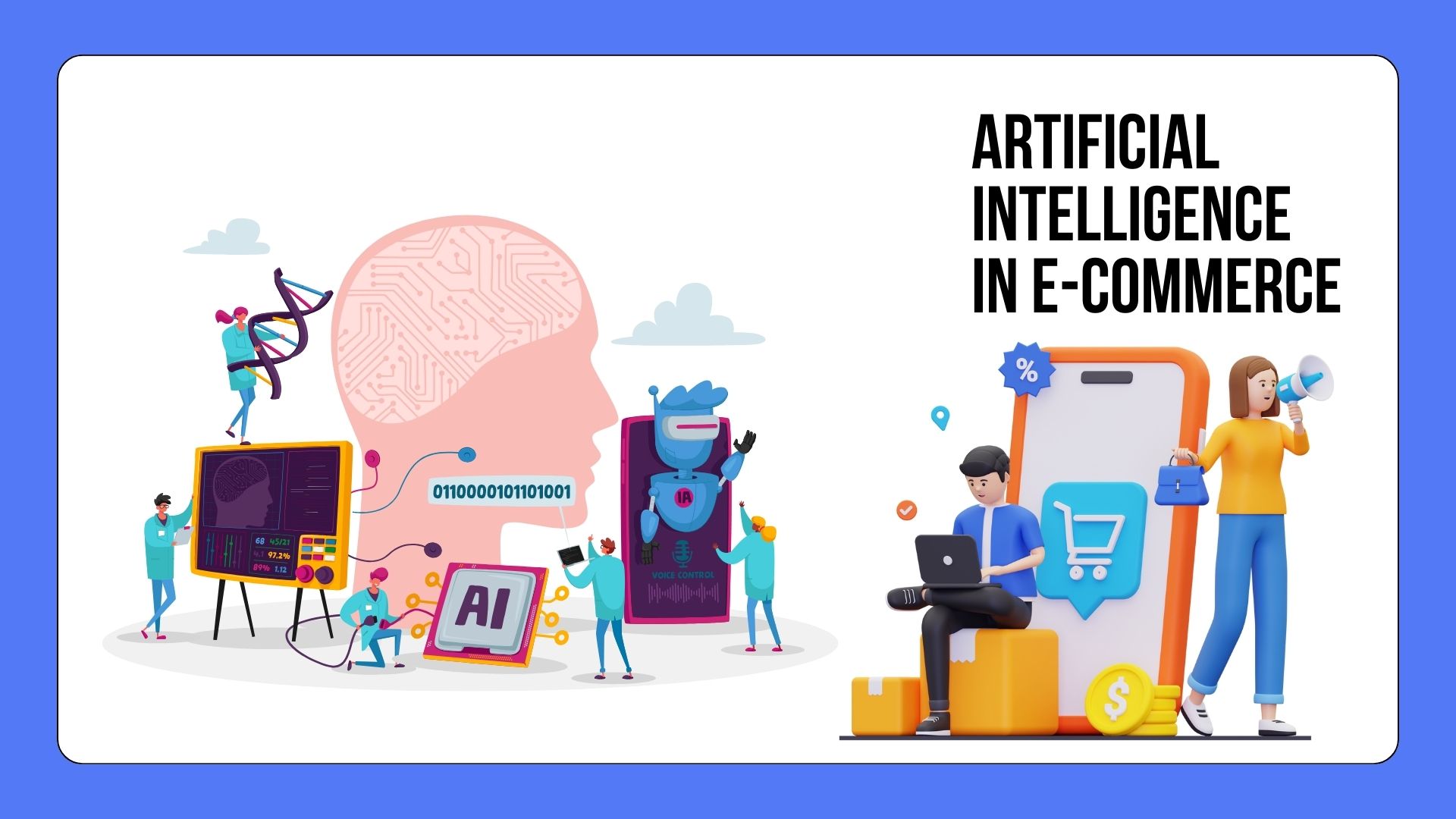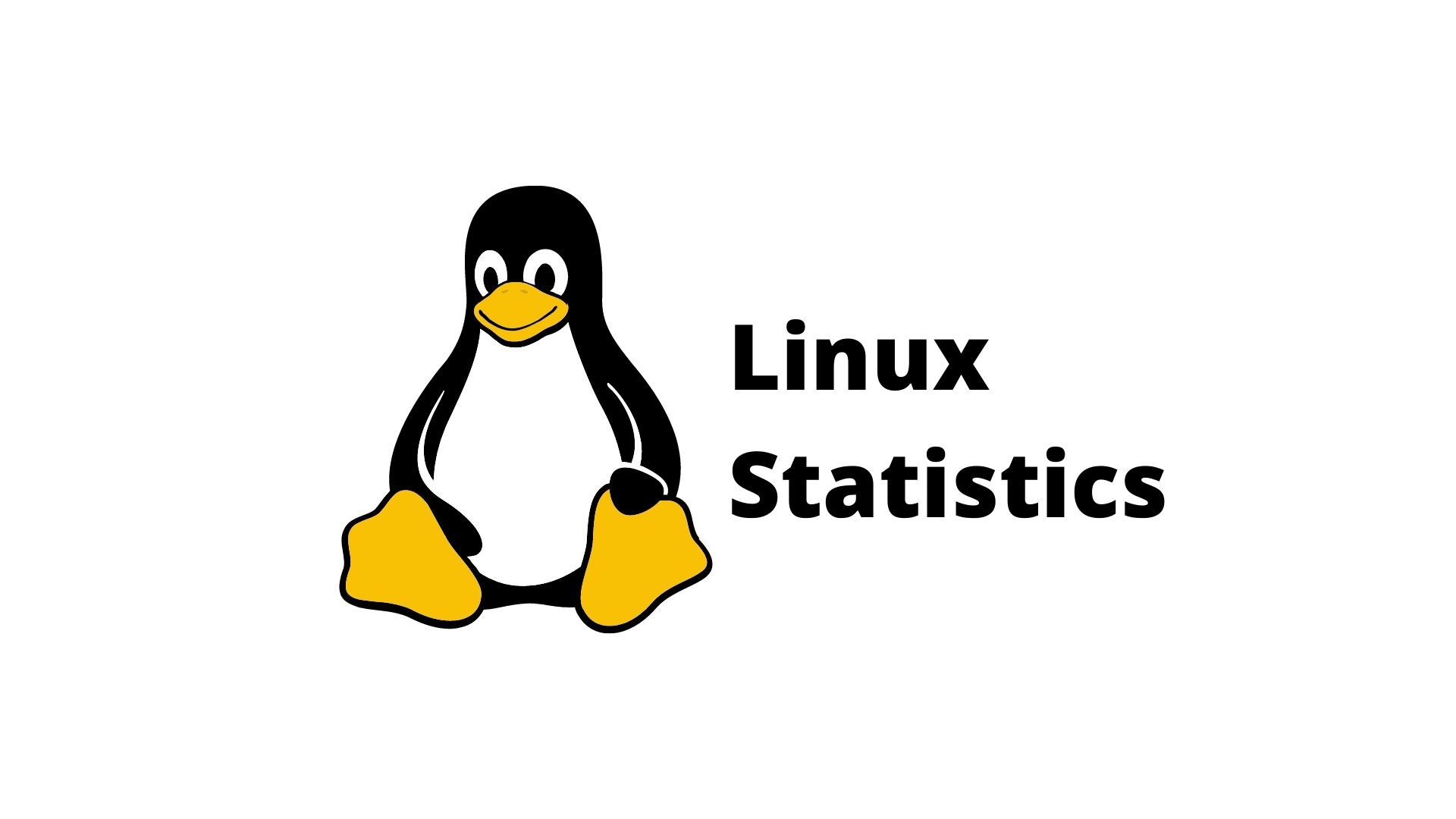SugarCRM Sweetens Open Source CRM
SugarCRM 4.0 is set to debut this week with new features in the commercial open source CRM enhanced workflow, reporting and marketing automation software.
The latest version is the seventh major release since SugarCRM started back in April 2004 in an effort to take on the CRM market with an open source development. Version 2.5 was released at the beginning of the year.
The company now claims more than 400,000 downloads of its SugarSuite of products since inception and a community of some 10,000 members, 3,000 of whom are developers.
On the commercial side, the company claims 300 customers of its Professional and Enterprise editions.
Among the new features in SugarCRM 4.0 is a rule-based intelligent workflow automation layer. John Roberts, CEO of SugarCRM, explained that, for example, when an opportunity is closed it automatically generates a new project, assigns project members and sends alerts out. The new workflow automation also includes time based alerts that will notify users if a certain opportunity or lead sits idle for a specified period of time.
Marketing automation has also been improved in the new version.
“In version 3.5 we introduced a very robust campaign manager module and now we've added advanced marketing automation,” Roberts told internetnews.com. “So now you can create an outbound e-mail campaign, set it for a certain date, it automatically compiles results in terms of who opened and responded to the campaign and then generates a report automatically.”
Inbound e-mail collaboration improvement now enables SugarCRM to take inbound e-mail and determine whether to direct to customer support or lead generation and then it will assign the appropriate personal and generate alerts as well. Expanded reporting capabilities have also been included in the new version such that users can generate flash based charts and then publish to their dashboard.
Roberts said the relatively rapid release rate of SugarCRM is not a detriment to enterprise adoption.
“I do completely respect the fact that we have some pretty large companies that go live on a release and want to stay on that release for a year or a year and a half,” he said. “We do respect that and we do continue to support our earlier editions.”
Formal technical support is part of SugarCRM Professional and Enterprise Editions. The commercial versions also add technical support as well as some additional functionality over the open source version.
“Where we landed in our variant of commercial open source is there has to be some difference you can't just sell distributions and support,” Roberts said. “Ultimately it's about the software and projects only grow when people tell their friends ‘wow this is really great software and as a result the better the software the less support it needs.”
“So if you're going to base your total revenue stream on the value proposition that the users will need support, well that could be a problem.”
Though they add some additional features the Professional and Enterprise editions are still not proprietary software applications. They are both what Roberts called “supersets” of the exact same source code tree as the open source version and SugarCRM provides the full source code.
“The only real difference is that it's under a one page commercial license that basically says you can't re-distribute it,” Roberts said.
Roberts also recognizes that the open source community around SugarCRM, located at SugarForge.org also provides competitive features extensions called “modules” to those found in the commercial versions of SugarCRM that his company sells.
“For us we have to have a level playing field. We try and keep a clear separation between the project and the company and it seems to be working,” Roberts said. “We're just as much into generating revenue for developers that are building extensions modules just as much as we are building a company.”
For those that do buy the Professional and Enterprise Editions of SugarCRM, Roberts argues that they really aren't buying open source, but rather they are buying software.
“They get the benefits of a strong project with a large developer community and a large number of consultants around the world that can compete for custom work for them which reduces cost.”

Sean Michael is a writer who focuses on innovation and how science and technology intersect with industry, technology Wordpress, VMware Salesforce, And Application tech. TechCrunch Europas shortlisted her for the best tech journalist award. She enjoys finding stories that open people's eyes. She graduated from the University of California.


